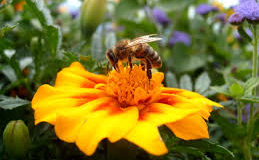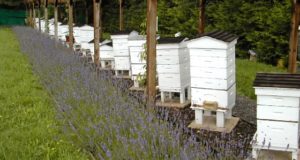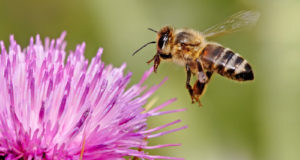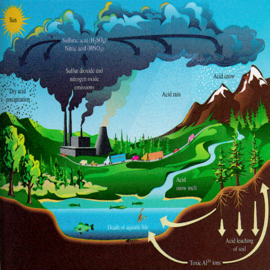Review Overview
Good reminder among the callous through=away shociets
Practical, inspiring, sensitizy people
Biotic interplay nt sugested

Home composting is undoubtedly one of the best things a home owner can do for the environment, it is also one of the easiest. Compost has been defined as “A mixture of decaying organic matter, as from leaves and manure, used to improve soil structure and provide nutrients,” and learning how to compost is simply becoming aware of ways to hasten the natural biological process which reduces organic waste to the point where it can no longer be broken down.
It easy to learn how to compost. Almost anything can be thrown into the compost pile except human, dog and cat waste. The compost pile should always have”greens” and “browns.” Browns are the carbon-rich ingredients like leaves, shredded papers, branches, twigs, and hay. Greens are the nitrogen-rich ingredients which will draw the organisms that produce the compost and will generally include things like eggshells, fruit and vegetable wastes including rinds and peels, tea bags, coffee grounds, grass clippings and any other chemical free yard waste. Browns are usually bulky and promote aerations while greens are generally extremely high in moisture and will balance out the aridity of the browns.
Learning how to compost means discovering and excluding what not to put in a compost pile including pet waste, bones, meat, treated wood product, dairy products, peanut butter and other similar items.
Composting needs air so a compost container needs holes to allow the air to go in and out of the pile. A compost pile on the ground needs to be turned or stirred at least once a week to provide the air that microbes require to survive and also to prevent unwanted organisms from taking over the pile and causing a foul smell. The compost also needs enough water to keep it about as damp as a wrung-out sponge.
Composting will never completely restore today’s disturbed soil, but it can definitely enrich gardens and help gardeners to restore and re-balance their soil. Will Rogers, the great humorist who lived through the famous dust bowl, once remarked: “They’re making more people every day-but they ain’t making any more dirt.” With his inimitable wisdom and foresight, Will Rogers fittingly stated without compromise why composting is important today.

Source by Nancy Orazco
 Vitamin Agent The Health & Naturalistic Source
Vitamin Agent The Health & Naturalistic Source





